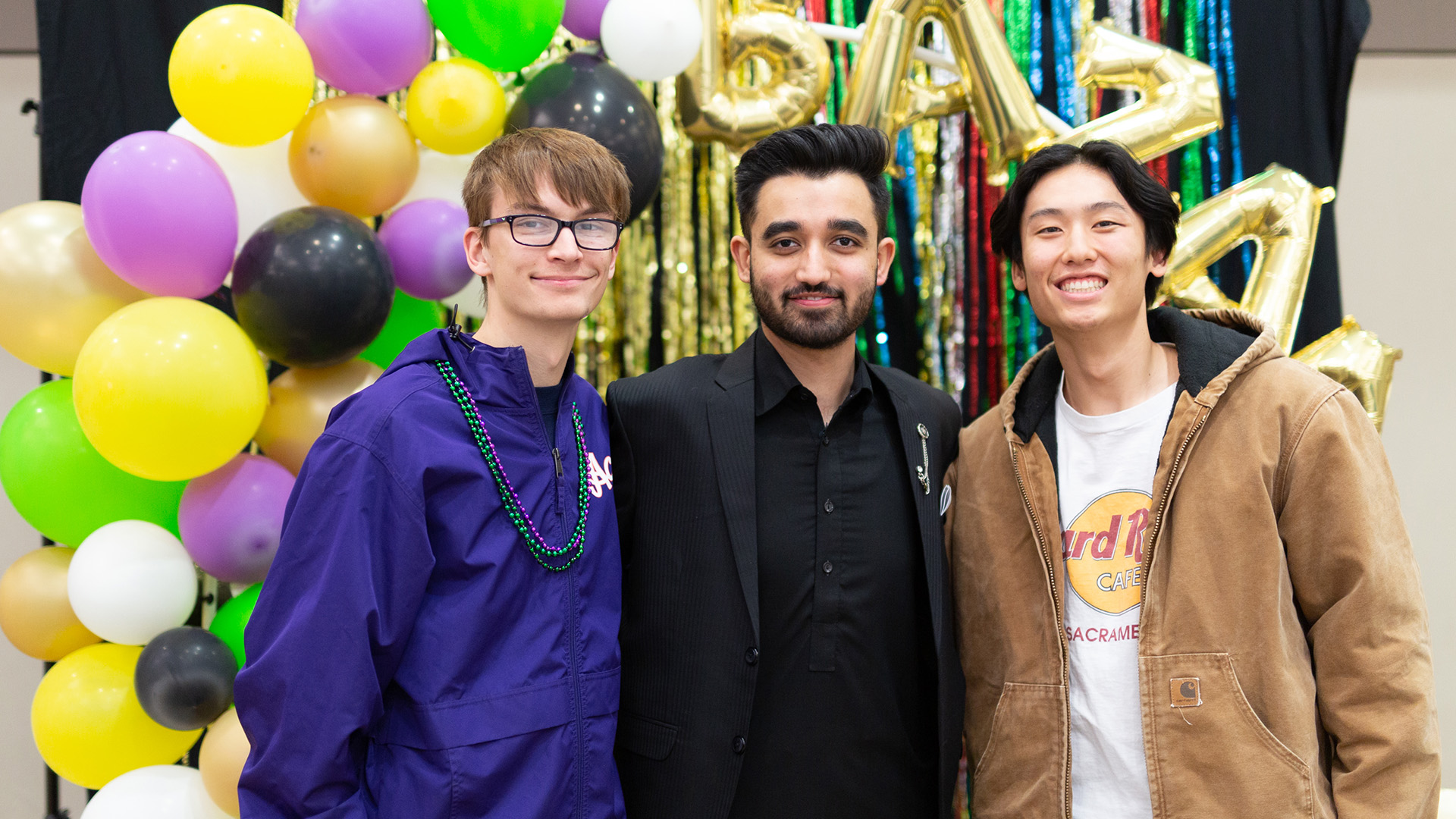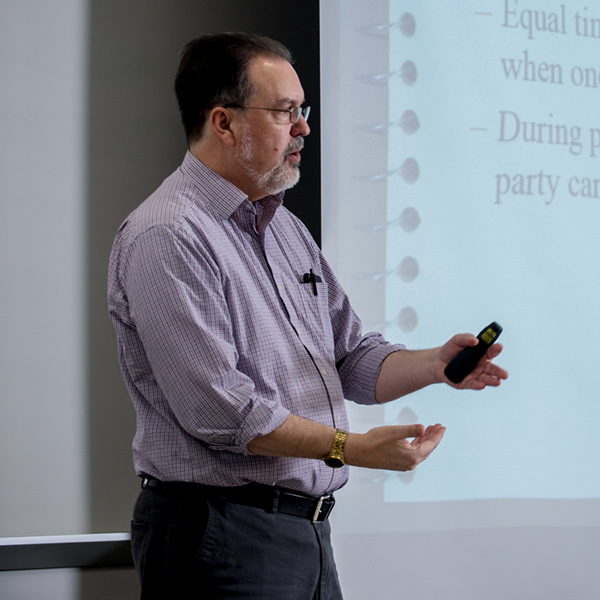Intercultural Competence Certificate

As communities become more diverse and the world more interdependent, the mutual understanding of people from diverse linguistic and cultural backgrounds not only become essential in establishing and maintain relationships in an interconnected world, but it is also a useful sensitization tool to fight discrimination.
In our interconnected world, intercultural understanding and skills are apt to be necessary for a future career and social life.
In order to complete this certificate, students will complete:
- Introduction to Intercultural Communication (COMM 380; 3 credits)
- Language and Intercultural Competence (FL 360; 3 credits; online)
- Intercultural Citizenship (FL 361; 3 credits; online)
These courses share the same goal, which is the development of intercultural competence, but they differ from each other and complement one another very well. Even though these are online courses, multiple assignments will require a constant cooperation and interaction with classmates and/or the community.
Introduction to Intercultural Communication (COMM 380) is a course where students learn the fundamental ways that culture impacts the communication process. This involves understanding important cultural differences in language usage, nonverbal communication behavior, and how relational and social contexts are interpreted during interactions. You are given the opportunity to research and analyze intercultural communication within certain communication contexts that include professional environments such as education, health, and business.
The goal of Language and Intercultural Competence (FL 360) is to sensitize students to the ways in which external elements (e.g., economic and sociopolitical forces, power relations, and societal attitudes) can affect language choice/use and the intercultural communication process (e.g., interpersonal relations, management styles, discourse, nonverbal communication, the willingness to communicate). Attention is also drawn to the cognitive, affective, and behavioral dimensions of intercultural (communicative) competence and the qualities associated with ethical global citizenship. Among the several assignments that you have to complete in this course, one of them is taking the Intercultural Development Inventory. After knowing your results, you will work throughout the course on your customized intercultural development plan in order to increase your intercultural competence.
Intercultural Citizenship (FL 361) combines the relational (focus on 'others'), (trans)national, and critical perspectives of intercultural competence with the civic action in the community component of citizenship education. It focuses on practical dimensions of intercultural communication in everyday life in social interactions in multicultural environments, and the skills and attributes needed to become an intercultural mediator. With this in mind, in this course you have to complete at least 10 hours of service learning in an organization of your choice and create your own blog/webpage in which you reflect how theory applies outside of the classroom, in addition to the readings, homework, discussions, and a group research paper.
More Information

Dr. Mark Shifflet
Professor of Communication
Room 212 A, Hyde Hall
812-488-2069
ms83@evansville.edu
Video Interview with Dr. Mark Shifflet
Office Phone
812-488-2165
Office Email
mk52@evansville.edu
Office Location
Room 350, Olmsted Administration Hall
